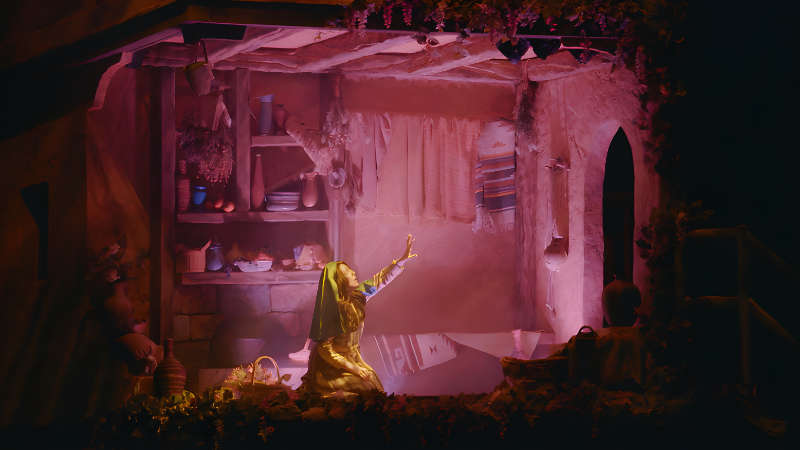To many feminists, patriarchy is a dirty word. They use it to refer to any society dominated by men. (The word originally meant “rule by fathers.”) In the Bible, patriarchs refers to the ancestors of the chosen people, the nation of Israel.
The most important patriarchs were Abraham, the man whom God promised the land of Canaan: Isaac (Abraham’s son); and Jacob (Isaac’s son, who also had the name Israel).
These figures are especially important because of God’s promises to them.
Abraham, whose story is told in Genesis 12 through 25, is the patriarch par excellence.
Even though it was Abraham’s grandson, Jacob, who lent his nickname Israel to the whole nation, Abraham is considered Israel’s spiritual father.
In most ways he was a more admirable and moral character than Jacob. Abraham was called by God to leave his idol-worshipping homeland of Chaldea and settle in Canaan, “the promised land.” Also very important is that Abraham endured a severe testing of his faith when God asked him to sacrifice his beloved son, Isaac.
This story, one of the most dramatic and most touching in the Bible, is found in Genesis 22.
Sometimes “the patriarchs” refers not only to Abraham, Isaac, and Jacob, but also to their distant ancestors in the book of Genesis—Adam, Methuselah, Noah, etc.
Also, Jacob’s twelve sons—who were the ancestors of the “twelve tribes of Israel”— are referred to as patriarchs.
In brief, the patriarchs were all the important men who preceded the life of Moses.
See 632 (covenant); 274 (Israelites).






